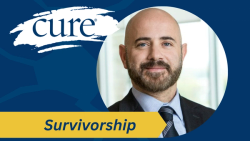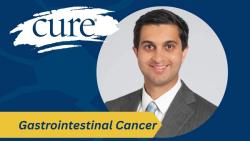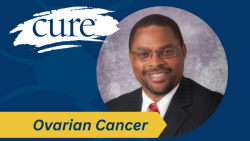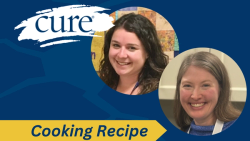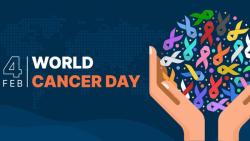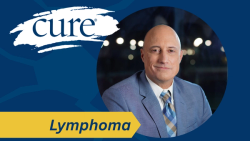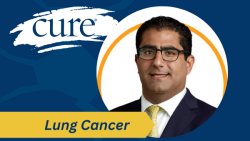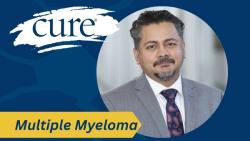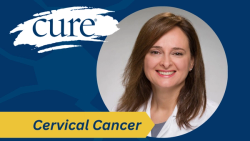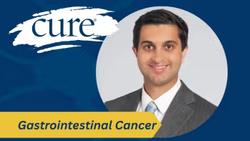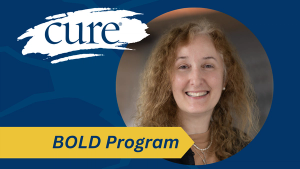‘No Stupid Questions’ for Newly Diagnosed Patients With Cancer
An expert stressed the importance of finding a patient support group and asking questions after being diagnosed with kidney — or any other form — of cancer.
Finding a patient support group could be essential after being diagnosed with kidney cancer, explained Dr. Rachel Giles, chief executive officer of the International Kidney Cancer Coalition.
In a recent interview, Giles explained that the time after diagnosis can be extremely overwhelming for patients, as they navigate treatment options and side effects. By becoming educated about their disease and joining a group of individuals who have gone through something similar, this burden can be a bit easier to bear, Giles said.
Transcript
It's all about getting the right information. And like I said, the most vulnerable time for a patient is after diagnosis when they have been told that they have cancer, in this case. And (regarding) the choice that they make the treatment that they start, there is a huge amount (of decisions) … often just a few short weeks. And in those that period of time, the patient has to become essentially an expert in their disease condition and figure out all the options plus perhaps what their doctors may not be telling them. So sometimes you have the guidelines that are approved in whatever country you are, and you need to compare that with what the options are, that are being provided, because some hospitals may leave out options. So we try and help that.
But typically, I tell patients to go find a patient organization; this will support you tremendously at all levels. They'll give you information, you'll find a peer-to-peer support system where you'll learn about your condition, and perhaps people can turn you on to ideas you've never even thought about. And also during treatment, of course, this is a very helpful resource because you actually have someone to turn to and say, “I am having a lot of diarrhea,” for example. “What products and what stores do you buy (medications to help) at?” It can be very specific and that's, that's tremendously useful information.
So I would tell patients to take the time to breathe in, breathe out. There's a lot of information out there, it's not impossible, but it is a lot of work, and it's hard to do when you're dealing with the impact of a problem, possibly an out-of-the-blue of a diagnosis.
In the situation of kidney cancer there, it's typically asymptomatic — you have no symptoms whatsoever. And you we found a lot of people, for example, were being diagnosed with the renal masses, as they call them during COVID, because they were going to get their lung CT. And the kidneys are behind the lungs. So that would come up in the imaging. And we had, I think, all the patient organizations in kidney cancer (space) got that huge uptake in phone calls, and requests for support because they didn't know what to do with these small renal masses. You know, we don't know if they're really going to be cancer or not what they are, it could take years before they become anything scary. But no one really knows and there's no guidelines for that.
So the idea is to just find your patient organization, try and find a partner. You know, some people get binders and actually put all the information into one place. Whatever works for you, is convenient, but do take the time to understand the information and ask questions. Don't be scared. There are no wrong answers, no stupid questions. And it's important to be aware that your options are what they are and that they're the right options, that they're guidelines that they're compliant to the guidelines, make sure that you're getting what you should be getting. And but typically, that's not a problem. It's just occasionally and just ask questions.
For more news on cancer updates, research and education, don’t forget to subscribe to CURE®’s newsletters here.
Related Content
 Top 10 Cancer Care Updates of 2025: What Patients Should Know
Top 10 Cancer Care Updates of 2025: What Patients Should KnowDecember 22nd 2025
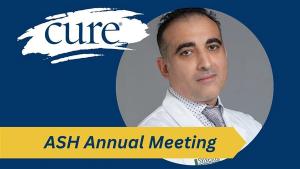 What Does Minimal Residual Disease Mean?
What Does Minimal Residual Disease Mean?December 11th 2025
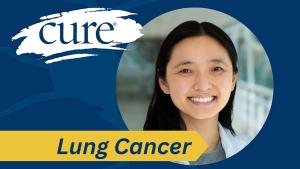 Expert Shares Advice for Navigating a New Lung Cancer Diagnosis
Expert Shares Advice for Navigating a New Lung Cancer DiagnosisNovember 27th 2025
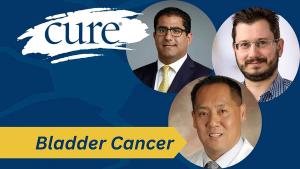 Experts Discuss Next Steps in Perioperative Bladder Cancer Treatment
Experts Discuss Next Steps in Perioperative Bladder Cancer TreatmentNovember 11th 2025
View additional resources on CureToday.com


